Ágáthá Vetrá
The Aviian Pantheon
The Ágáthá Vetrá are a pantheon of 7 Gods worshipped by the Aviian Humans who reside in the contested expanses of territory between Martova, Olienn, and Castrillis. As the Avi themselves are agriculturally oriented as a culture, their Gods are likewise largely agricultural themselves, or have an association with some related aspect of civilization- whether that is commerce, craft, law, or some other relevant domain. In addition to the 7 Divinities, the Ágáthá Vetrá also includes 1 Demonic force called Lántin Krá that isn't to be worshipped so much as it's to be avoided; it is believed that through participation in gluttony and destruction, an impious or uncareful Aviian can "summon" an agent of this force and lead it to wreak destruction on their village and its inhabitants. For that reason, behavior is carefully moderated within Aviian society- both by individuals themselves, as well as the surrounding community.
Superstitious natures run strong among the Avi, and whenever things go wrong, it is often Lántin Krá that gets the first blame. And of course, people are always on the lookout for the one who caused its summoning- inadvertently or not. This has led to many a "witch hunt", as people are often unrightfully blamed for their woes whenever bad harvests or illness descends upon their communities.
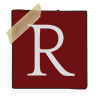





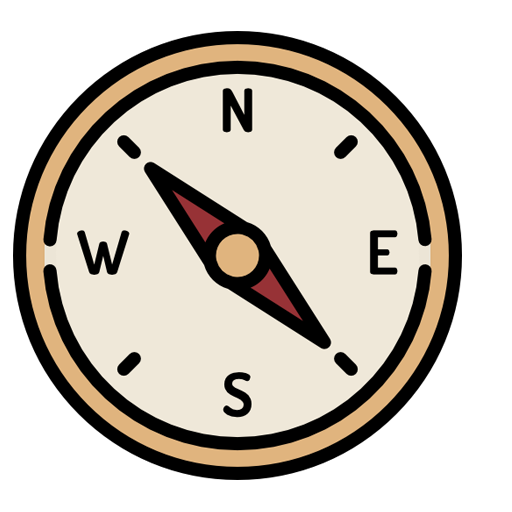
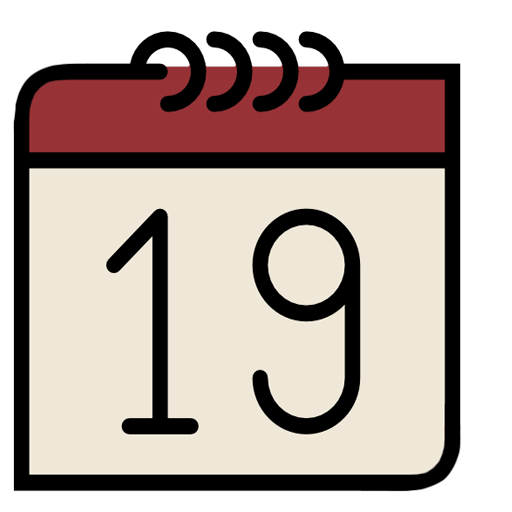

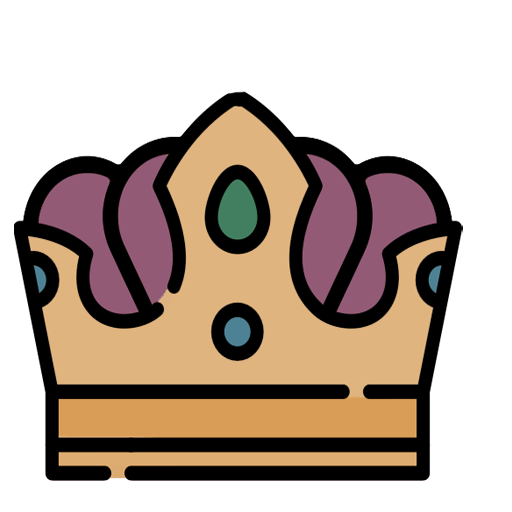
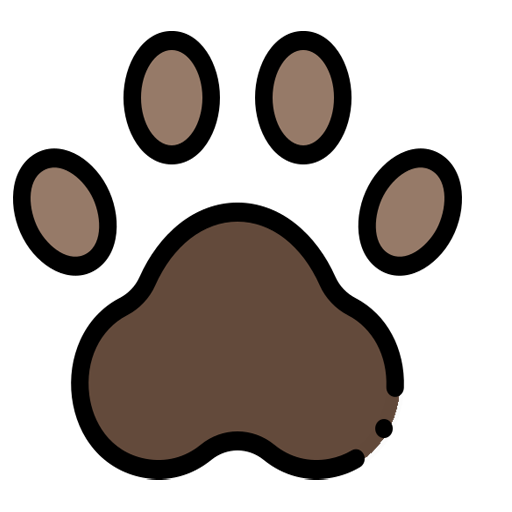
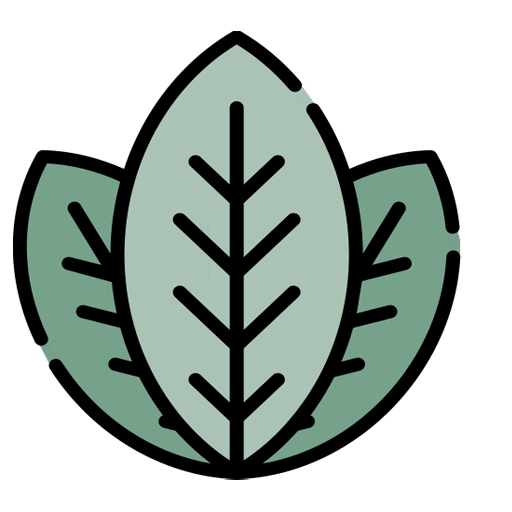
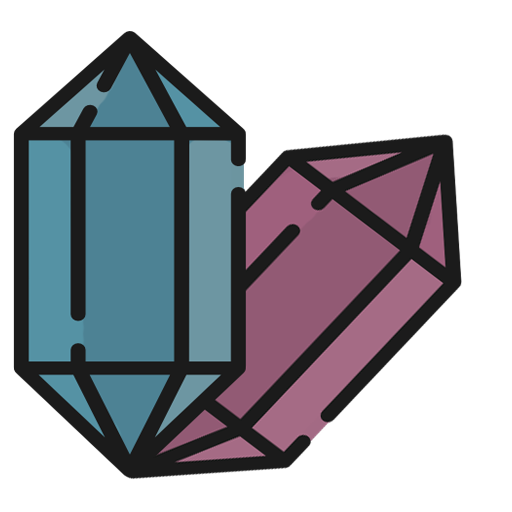
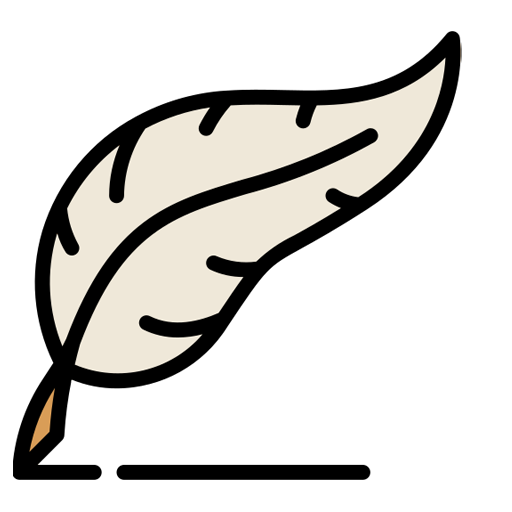
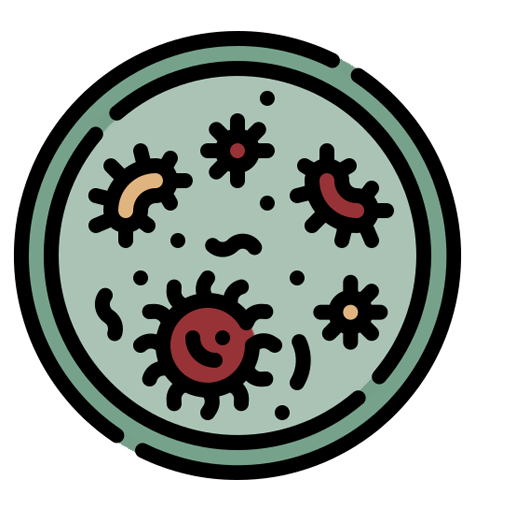
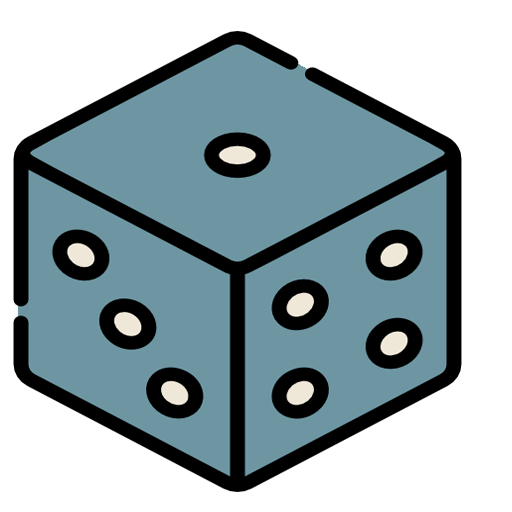
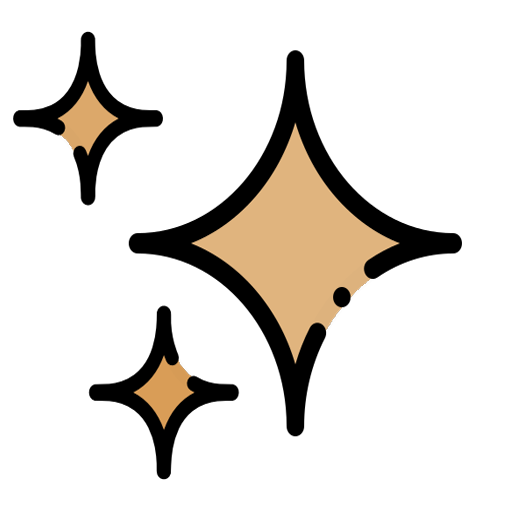




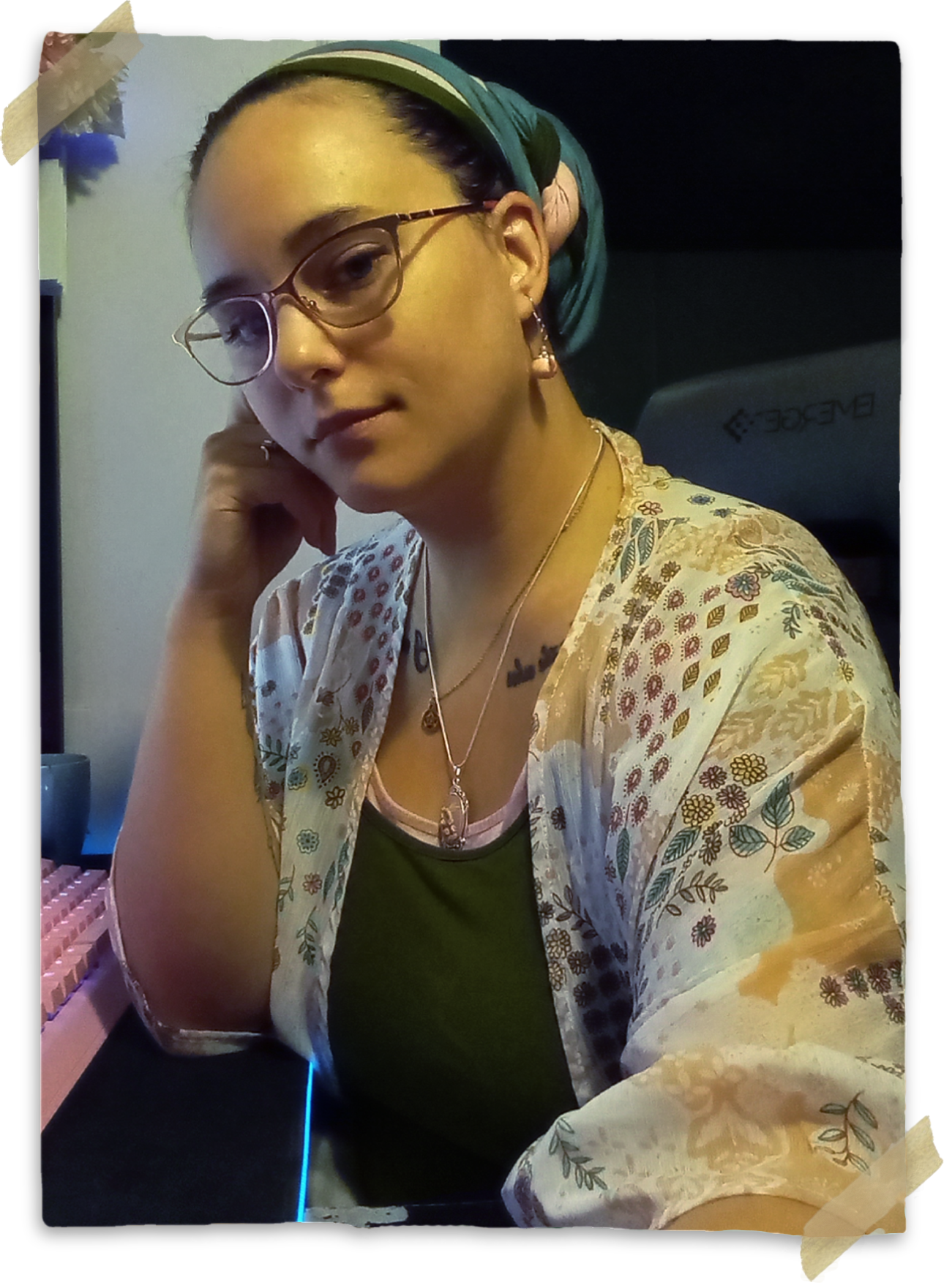
Comments
Author's Notes